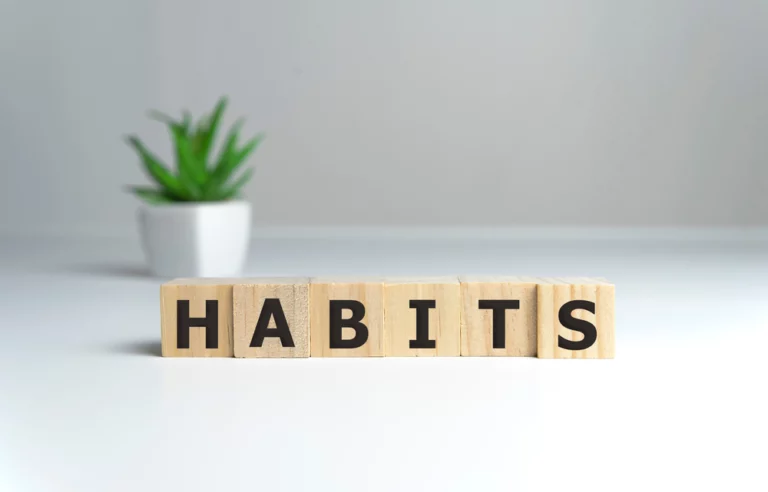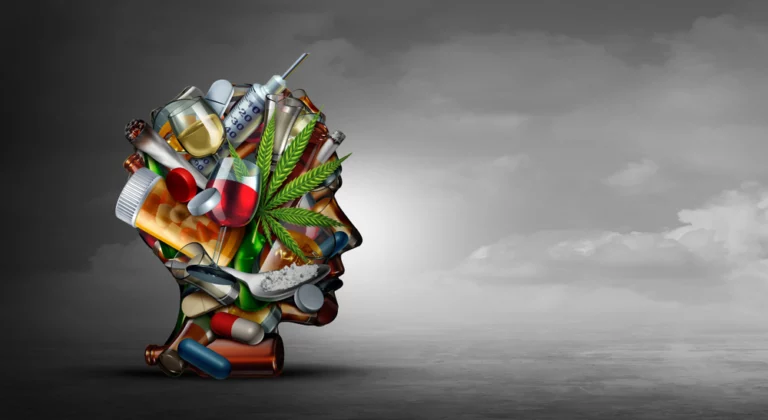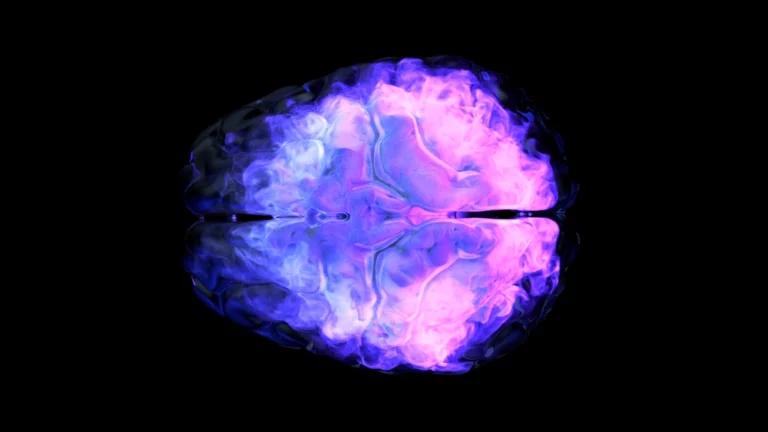If you want to know does weed kill brain cells, this is the article for you. With the legalization of recreational marijuana use in many parts of the US, people are curious about how it impacts the brain and if it can harm or kill brain cells. We wrote this brief article to explore if this statement is true or if it’s just something parents say to deter their children from cannabis use.
Once you read this article, you will understand that weed does not kill brain cells but is still accompanied by negative cognitive effects.
Does Weed Kill Brain Cells?
While no conclusive evidence points to cannabis killing brain cells, there is evidence that it can damage brain cells. Similar to how long-term heavy alcohol, meth, and heroin use can lead to permanent brain damage, prolonged abuse of marijuana can impact the ability of brain cells to transmit messages, which is also referred to as brain activity. This is particularly true if someone begins using weed during their teenage years or regularly smokes.
When individuals smoke marijuana, they may experience difficulties in maintaining focus or remembering important details. These issues can worsen with continued marijuana use, leading to problems such as impaired memory and concentration. Additionally, the drug can affect motor skills. If individuals choose to drive while under the influence, they put their own lives and the lives of others at risk.
Readers may also learn from: What is 420?
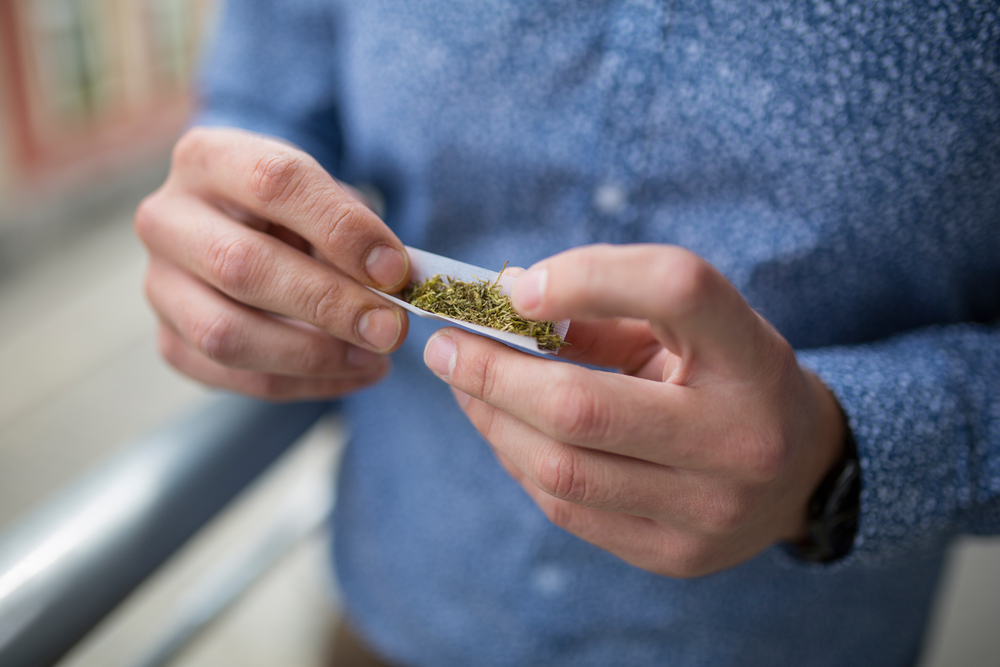
How Does Cannabis Use Affect The Brain?
Similar to other drugs, certain components of marijuana bind to specific receptors in the brain. Tetrahydrocannabinol (THC), the main psychoactive ingredient in marijuana, attaches to the brain’s cannabinoid receptors, specifically known as cannabinoid receptor type 1 (CB1). These receptors are connected to nerves in the brain that control memory, appetite, pain regulation, and mood.
Scientists do not completely understand the long-term effects of marijuana use on the brain since they cannot perform large-scale tests. However, they have discovered a link between marijuana use during brain development and decreased cognitive abilities.
It can shrink parts of your brain
Multiple studies in the past few decades have discovered that long-term and consistent use of cannabis leads to notable reductions in the brain’s gray matter volume. Gray matter is the area of the brain densely populated with neurons and plays a crucial role in our learning abilities and overall functioning.
A specific study revealed that heavy cannabis use caused shrinkage in the hippocampus and amygdala regions of the brain, which can significantly impact memory and learning.
It can lower IQ levels
The impact of marijuana on the brain is influenced by both the quantity of usage and the age of the individual. People under the age of 25, whose brains are still in the developmental stage, are particularly vulnerable to the effects of marijuana on the brain.
A study investigating the effect of marijuana on IQ showed that individuals who started using marijuana at a young age experienced a loss of 6 to 8 IQ points by middle age. Additionally, those who used marijuana during adolescence but discontinued use did not recover their IQ points. In contrast, individuals who initiated marijuana use in adulthood did not exhibit any IQ decline.
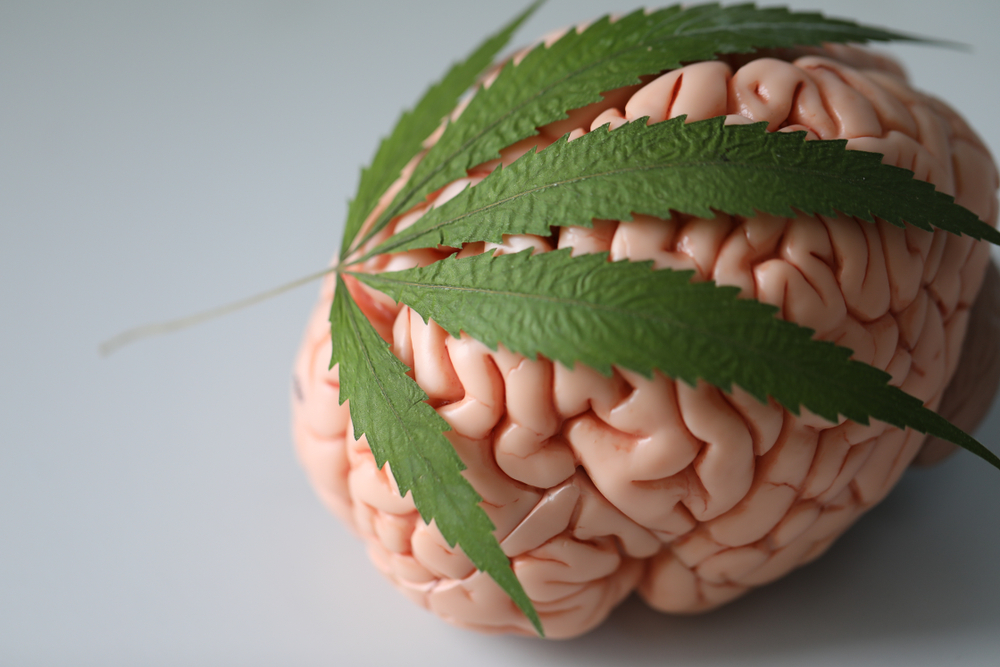
It can stunt brain development
The study mentioned earlier also revealed that the most crucial factor in determining the impact of marijuana was the age at which individuals began using it. Those who started smoking marijuana as adults rather than during their teenage years did not experience a decrease in IQ. Adolescents with developing brains are at the highest risk of cognitive impairment. Instead of killing brain cells, marijuana hinders brain development, leading to various neurocognitive deficits, as the human brain is not fully developed until around the age of 25.
The earlier a person starts using marijuana, the more significant the reduction in brain size, specifically in the prefrontal cortex. While there is still much to be understood about the specific areas of the developing brain that are affected and the reasons behind it, other studies on drug use have demonstrated that an earlier introduction to drugs can make individuals more susceptible to mental illness, addiction, and cognitive impairment.
It affects and can distort the perception of reality
Many mental illnesses are caused by imbalances in dopamine levels in the brain—either too much or too little. Chronic marijuana use has been found to reduce dopamine activity in the brain. This can lead to psychotic symptoms similar to schizophrenia, including anxiety, paranoia, and hallucinations. Referred to as cannabinoid-induced psychosis, it can make it challenging, if not impossible, for individuals to maintain a grasp on reality. Moreover, it represents a significant dysfunction in the brain’s processing, severely impacting cognitive abilities. In other studies, young marijuana users have been found to experience slower processing speeds, difficulties in verbal learning and memory, and impaired sequencing abilities.
While this phenomenon is not exclusive to marijuana smokers, they face the highest risk. Approximately 15% of marijuana users experience these psychotic symptoms, often called a “bad high.” Most individuals only experience these adverse effects while under the influence of marijuana. Still, others may find themselves permanently affected, which can be classified as a true drug-induced mental illness.
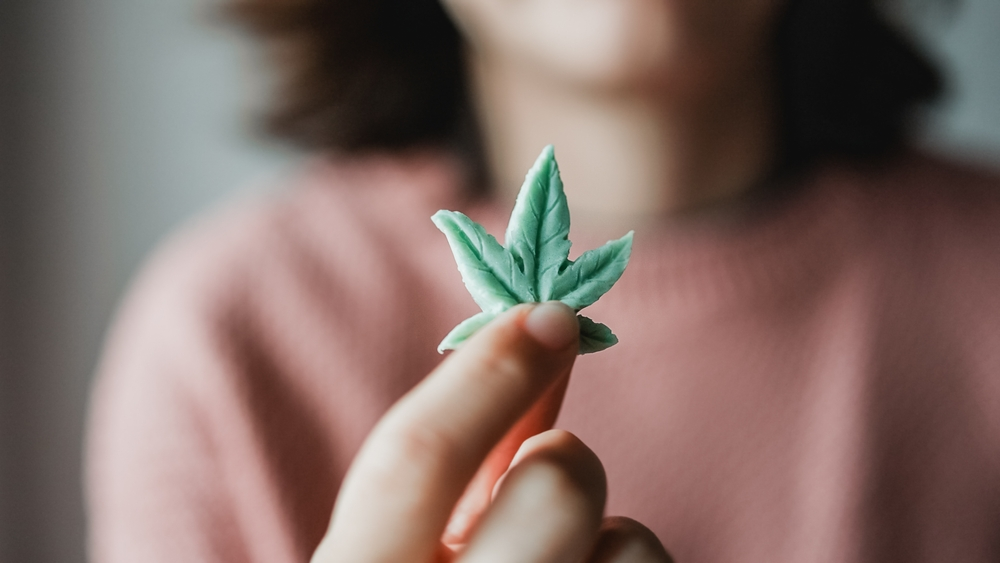
Are Edibles Worse?
Edibles can have a stronger impact on the brain compared to regular marijuana. When consumed, edibles undergo digestion and are metabolized differently than inhaled marijuana. This process results in the conversion of delta-9-tetrahydrocannabinol (THC) into a more potent form called 11-hydroxy-THC, which can have more pronounced effects on the brain.
Additionally, the effects of edibles tend to be delayed and longer-lasting compared to the immediate effects of smoking or vaping marijuana. It’s important to note that the potency and dosage of edibles can vary widely, so it’s crucial to use them responsibly and be aware of their potential effects on the brain and body.
Read more: Is Drinking or Smoking Marijuana Worse for You?

Contact Knoxville Recovery Center
If you or someone you know is struggling with heavy marijuana use and needs help quitting, contact Knoxville Recovery Center. Our addiction treatment center in Knoxville, Tennessee, has all the tools you need to overcome a cannabis use disorder. Unlike most treatment centers, we offer various comprehensive services to help individuals in their recovery journey, including on-site detox, substance abuse stabilization programs, nutrition education, and more. Call today, and one of our admissions agents can help you get started.





